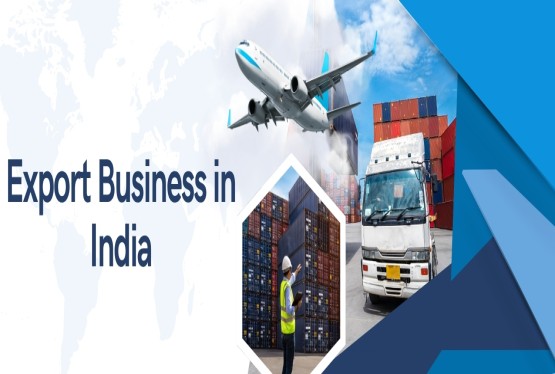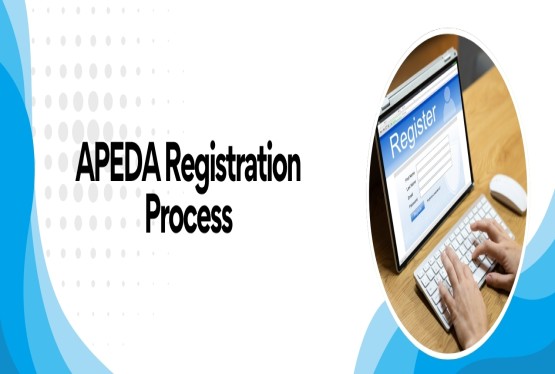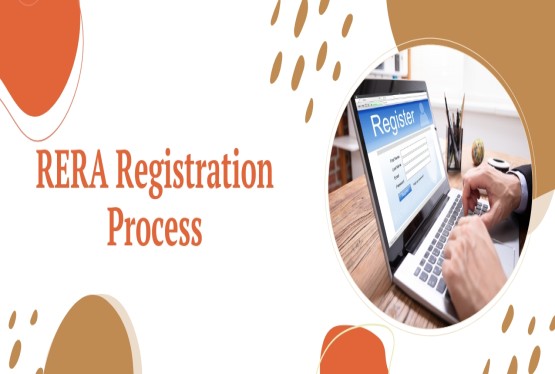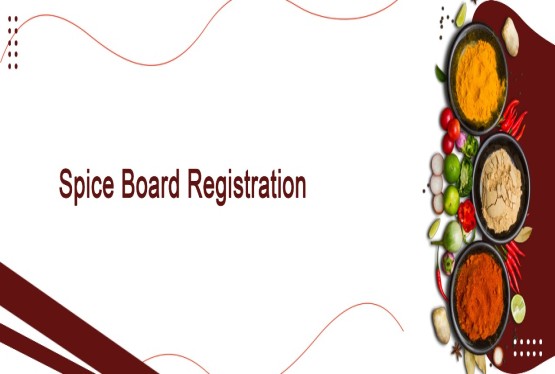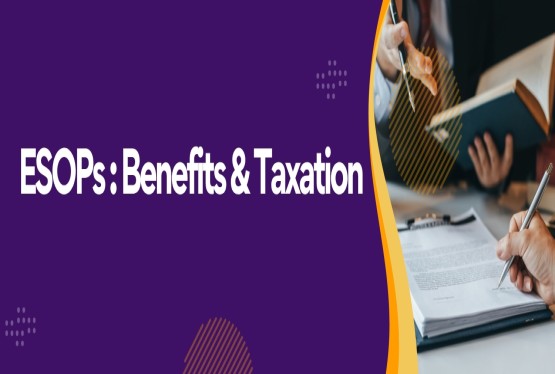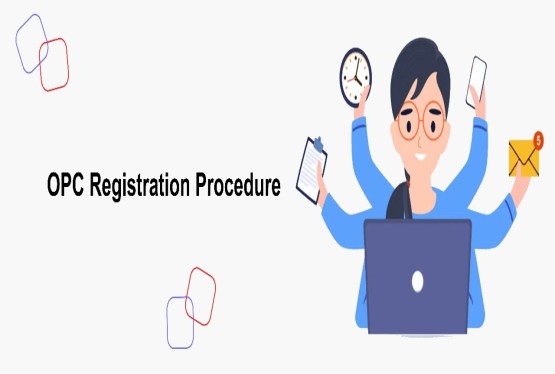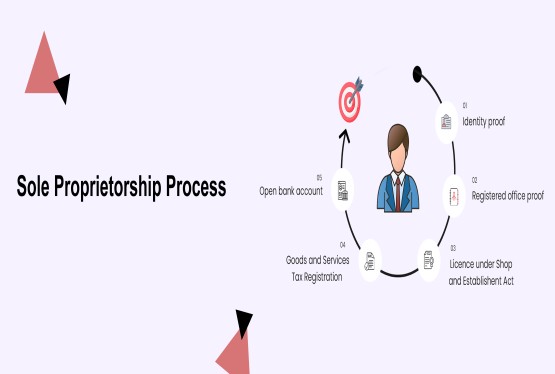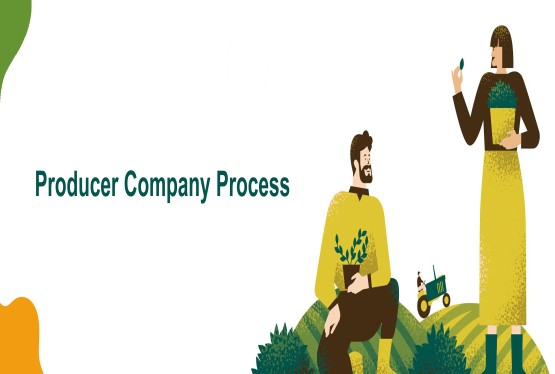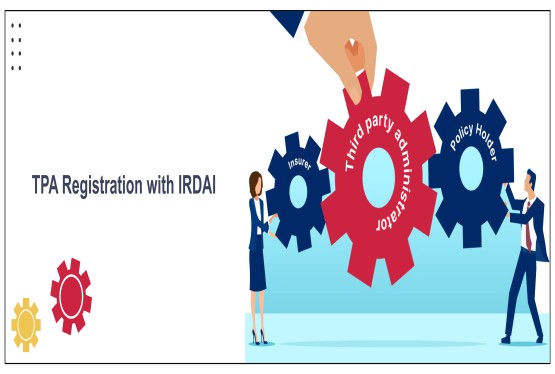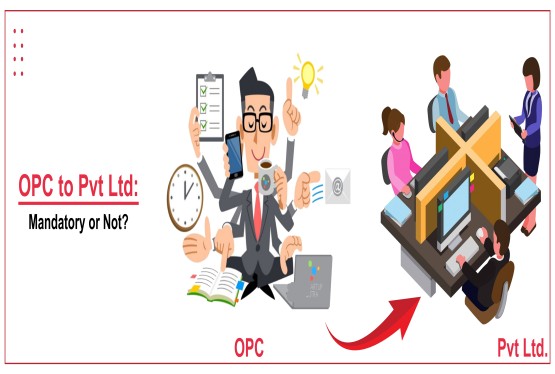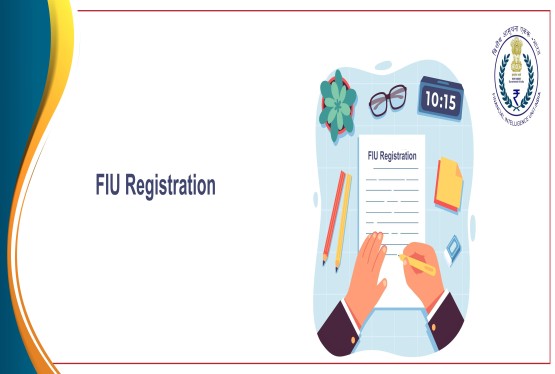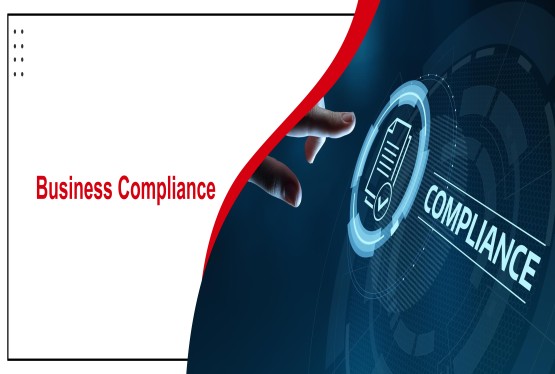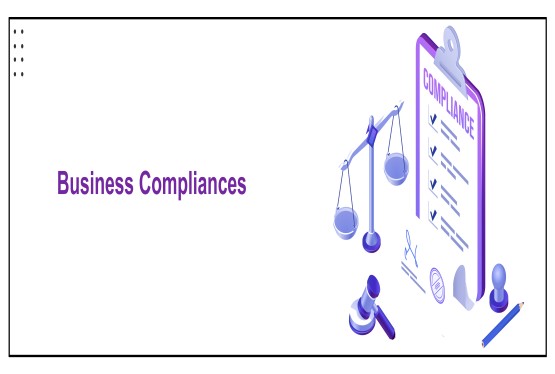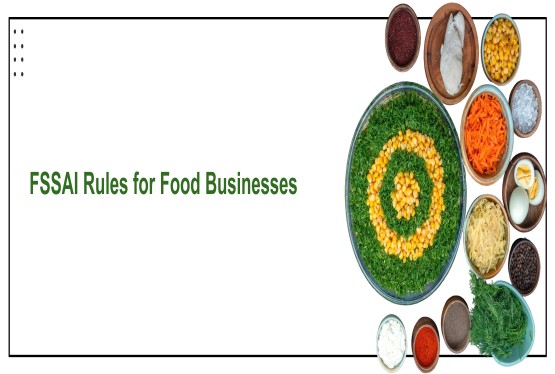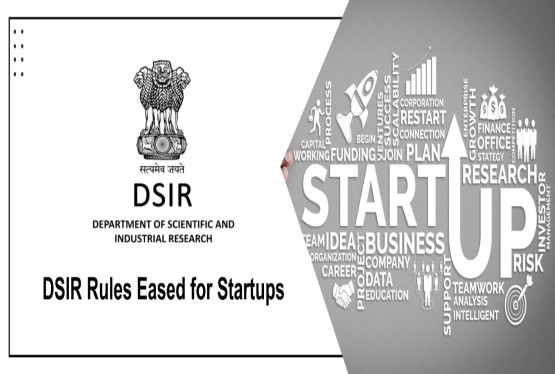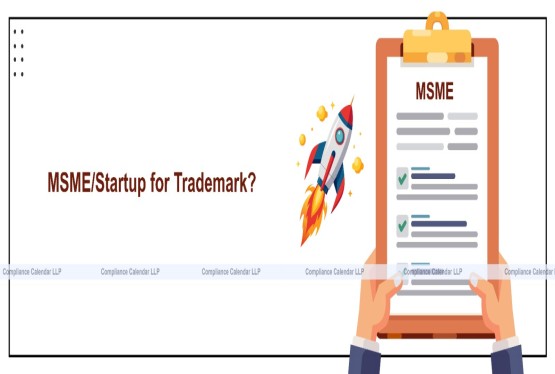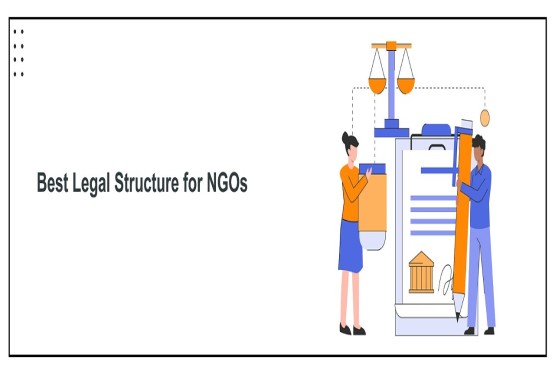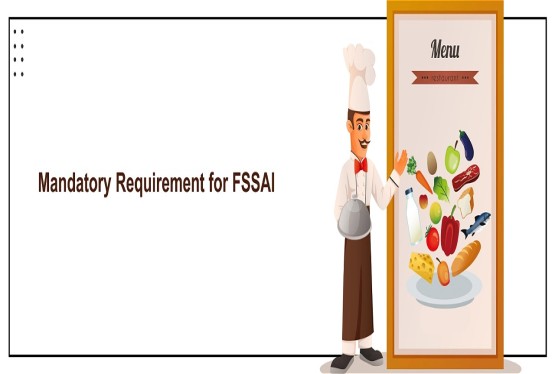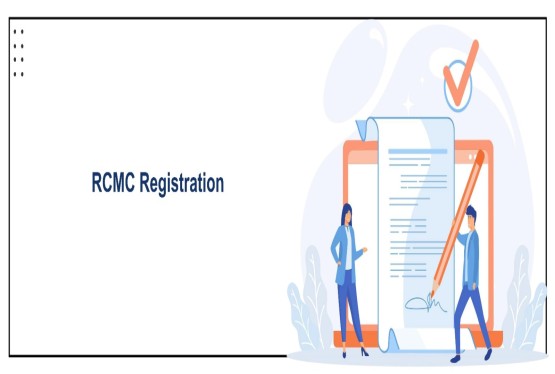The global demand for Indian food products has witnessed a significant rise in recent years. From spices and ready-to-eat meals to organic grains and snacks, India has established itself as a key player in the international food export market. However, before any exporter can begin shipping food items to other countries, they must first obtain an FSSAI License for Exporters. This license, issued by the Food Safety and Standards Authority of India (FSSAI), is a mandatory legal requirement and a critical assurance of food safety and quality. In this article, we will take you through the entire process of getting an FSSAI License for Exporters, its importance, types, application process, documents required, compliance needs, and more.
What is FSSAI and Why is it important for Exporters?
The Food Safety and Standards Authority of India (FSSAI) is a statutory body established under the Food Safety and Standards Act, 2006. Its primary role is to regulate and monitor food safety and hygiene standards across India. For exporters, an FSSAI license is not just a compliance formality—it is an assurance to foreign buyers and regulatory authorities that the food being exported adheres to international safety norms. Countries importing food products from India often demand an FSSAI license as part of the export documentation. Without this license, your food consignment may be rejected or delayed at customs. Moreover, the license enhances your brand credibility and facilitates easier access to new markets.
Is FSSAI License Mandatory for Exporters?
Yes, obtaining an FSSAI License for Exporters is a legal requirement. Any individual or business entity intending to export food items from India must first secure this license. It applies to both manufacturers who export their own food products and traders or resellers who export food procured from Indian manufacturers. Not having an FSSAI license can result in penalties, shipment rejections, and legal action under Indian food safety laws.
Types of FSSAI License for Exporters
For food exporters, the FSSAI primarily offers two types of Central Licenses, depending on the nature of the export business:
Manufacturer Exporter License
This type of license is meant for food manufacturers who produce food items in India and then export them. If your business involves manufacturing food products in your own facility, then this license is mandatory. It ensures that the manufacturing unit complies with food safety and hygiene norms set by the FSSAI.
Exporter License (Trader or Merchant Exporter)
This license is designed for those who procure ready food products from various suppliers and export them under their brand name or in bulk. You do not need to manufacture the food yourself to obtain this license, but your premises must still comply with hygiene standards. Even resellers and merchant exporters must adhere to FSSAI regulation.
Both types of licenses fall under the category of the FSSAI Central License, which is issued by the central office of FSSAI and is mandatory for all food exporters regardless of turnover or business size.
Process to Apply for FSSAI License for Exporters
Applying for an FSSAI License for Exporters in India involves several steps. Each step must be completed with attention to detail to avoid delays or rejections.
Step 1: Visit the FSSAI Website
Start by visiting the official website of the Food Safety and Standards Authority of India: https://foscos.fssai.gov.in. This portal is the single window for all FSSAI registrations and license applications.
Step 2: Create an Account
To apply online, you must first register yourself or your company on the FSSAI portal. This involves providing basic business details like company name, address, mobile number, and email ID. Once you verify your credentials, your account will be activated.
Step 3: Choose the Right License Type
Select 'Central License' as the type of license applicable to exporters. Then choose whether you are a Manufacturer Exporter or a Merchant Exporter. It’s important to select the correct category as the documentation and inspections may vary accordingly.
Step 4: Fill Out the Online Application Form
Fill out the application form (Form-B) with accurate information. You will be required to specify:
-
Name of the business entity
-
Type of business (Manufacturer or Exporter)
-
Address and contact details of the premises
-
List of food products to be exported
-
Countries to which food products will be exported
-
Installed production capacity (if applicable)
Step 5: Upload Required Documents
You need to submit several documents along with your application. These include:
-
Business registration certificate (Company/LLP/Proprietorship)
-
Import Export Code (IEC) issued by DGFT
-
List of food products being exported
-
Layout plan of the premises
-
Address proof (utility bill, rent agreement, etc.)
-
Details of food safety management systems in place
-
Authorization letter (if applicable)
-
Passport-sized photographs of directors/partners
Ensure all documents are in the correct format and size before uploading. Missing or incorrect documents may result in application rejection.
Step 6: Pay the Applicable Fees
The licensing fee for the Central FSSAI License varies depending on the duration of the license (1 to 5 years) and the nature of the business.
Step 7: Await Approval
Once the application is submitted and fees are paid, the FSSAI authorities will review the details. If required, they may schedule an inspection of your premises. If all documents and compliance measures are found satisfactory, the license will be issued within 30-60 working days.
Main Compliance Requirements for Exporters
After obtaining the FSSAI License for Exporters, businesses must comply with several regulations to maintain their license and ensure smooth exports.
Follow FSSAI Guidelines Strictly
Even after obtaining the license, exporters must comply with food safety, packaging, and hygiene guidelines issued by FSSAI. Non-compliance can lead to suspension or cancellation of the license.
Renew the License on Time
FSSAI licenses are valid for 1 to 5 years. Exporters must renew the license before it expires to continue their export operations. A delayed renewal can result in penalties or a lapse in validity.
Be Ready for Inspections
FSSAI may conduct periodic inspections of the exporter’s premises to ensure compliance with food safety standards. These inspections can include checks on storage facilities, production areas, and cleanliness.
Accurate Labelling on Export Products
All food items meant for export must carry accurate labels. The labels must include the FSSAI license number, manufacturing date, expiry date, and other mandatory declarations. Labels must also comply with the importing country’s food labelling norms.
Maintain Records and Batch Details
Maintain proper records of raw materials, processing, packaging, and exports. This helps in traceability and is essential during audits or quality complaints.
Conclusion
The FSSAI License for Exporters is not just a regulatory formality—it is a powerful tool that opens doors to global markets. It ensures that the food you export from India meets international safety standards and builds trust with overseas buyers. From manufacturers to merchant exporters, every entity involved in the export of food products from India must obtain a valid Central FSSAI License. Though the process may seem time-consuming, following the correct steps, submitting the required documents, and staying compliant with FSSAI guidelines will make the journey smooth and efficient. If you need professional assistance with your FSSAI Registration for export purposes, Compliance Calendar LLP can help simplify the process and ensure timely license approval.
Start your export journey now; apply for your FSSAI License for Exporters today and make your brand globally recognized for safety and quality. If you need any support in FSSAI Registration or License, you can connect with the experts through mail at info@ccoffice.in or Call/Whatsapp at +91 9988424211.
FAQs
Q1. Is an FSSAI license mandatory for food exporters from India?
Ans. Yes, every food business operator intending to export food products from India must obtain a valid FSSAI license or registration as per the Food Safety and Standards Act, 2006.
Q2. Which type of FSSAI license is required for food export?
Ans. Food exporters must apply for a Central FSSAI License, regardless of the size or turnover of their business, since export activity comes under central jurisdiction.
Q3. Can I export food items with a basic or state FSSAI license?
Ans. No. Only the Central FSSAI license is valid for export purposes. Basic or State licenses are not sufficient for food export activities.
Q4. What is the procedure to get an FSSAI license for export?
Ans. The exporter must apply online through the FSSAI Food Licensing & Registration System (FoSCoS), submit required documents, and undergo inspection (if applicable) before getting the Central License.
Q5. What documents are required for FSSAI export license?
Ans. Key documents include a business registration certificate, list of food products, IEC code, NOC from the municipality, layout plan of the unit, and water testing report.
Q6. How long is the FSSAI export license valid?
Ans. The FSSAI license is valid for 1 to 5 years, depending on the applicant’s choice at the time of application. Renewal must be done before expiry to avoid penalties.
Q7. Can I export multiple food categories under one license?
Ans. Yes, exporters can mention multiple food categories in a single Central FSSAI license, provided they are included in the product list and approved by the authority.
Q8. Is FSSAI license required if I have an IEC code for export?
Ans. Yes, an IEC code is required for customs clearance, but it does not substitute the FSSAI license, which is mandatory for food safety compliance.
Q9. What happens if I export without an FSSAI license?
Ans. Exporting food without an FSSAI license is a violation of the law and can result in penalties, consignment rejections, and cancellation of other business licenses.
Q10. Do merchant exporters also need an FSSAI license?
Ans. Yes, even merchant exporters (who do not manufacture food but trade/export it) must obtain a Central FSSAI license to legally export food products from India.












_crop10_thumb.jpg)





_crop10_thumb.jpg)




























-Form_crop10_thumb.jpg)

_crop10_thumb.jpg)























_learn_crop10_thumb.jpeg)
































_crop10_thumb.jpg)

_crop10_thumb.jpg)





















_crop10_thumb.jpg)















_for_Foreign_Directors_learn_crop10_thumb.jpeg)




_Act,_2015_learn_crop10_thumb.jpg)































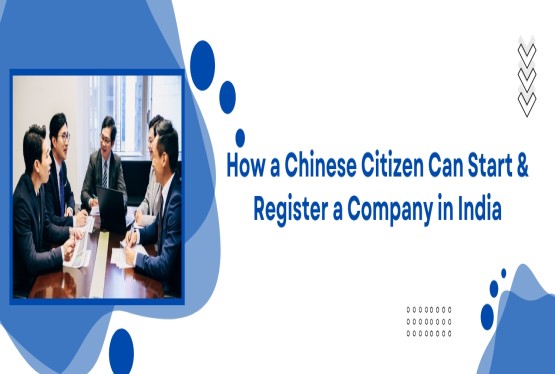

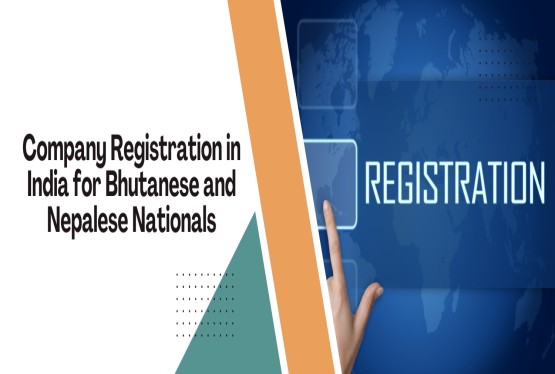
_learn_crop10_thumb.jpg)






